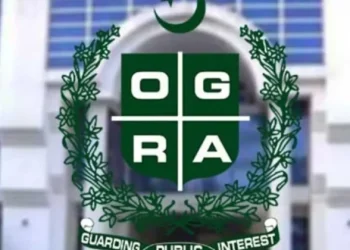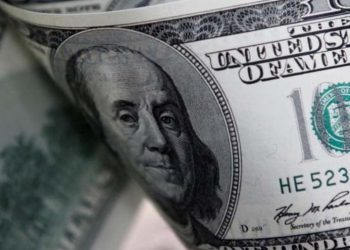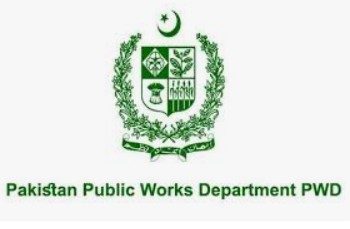ISLAMABAD: Pakistan has received the much-awaited loan tranche from the International Monetary Fund (IMF) but the country’s economic situation is still precarious.
Although forex reserves for the week ended September 2 climbed 14%, they show a modest improvement in import cover from 1.5 months a few weeks ago to 1.6 months, data released by the State Bank of Pakistan (SBP) shows.
Inflation remains elevated and the country’s current account deficit has stayed high at over $1.2 billion for July, as per the latest reports of the Pakistan Bureau of Statistics (PBS) and SBP. The catastrophic floods have dealt a devastating blow to the economy, with losses expected to climb to over $40 billion, according to the National Flood Response Coordination Centre’s estimates.
During these difficult times, the government has been trying to lure investors, both local and foreign, towards various sectors in the hope of creating jobs, spurring economic recovery, and achieving sustainable growth. Reportedly, Saudi Arabia, Qatar and the UAE have shown interest in various ventures while local investors are also examining potential projects. It may, however, take some time before the actual investments materialise.
To expedite the process and move beyond the MoU signing phase, the government must send right signals to investors by removing the bureaucratic red tape, eliminating archaic and outdated regulations, and introducing business-friendly policies.
To this end, the government has identified the oil refining industry as one of the key areas where it wants to bring investment and is reportedly close to finalising policy recommendations. This makes sense, considering the critical role oil refiners play in the energy landscape and their potential to deliver substantial forex savings through increased production of petrol and diesel.
A new oil refinery policy has already been finalised and the government seems prepared to completely deregulate fuel prices to make this sector more attractive for investors as well as more competitive. This will be a big step in the right direction, as I have discussed in previous columns, but the policymakers must tread carefully. Missteps can be costly.
At this time, the legislators, policymakers and government officials could be at the receiving end of intense lobbying by those who may seek to maintain the status quo and resist changes such as the deregulation of fuel prices.
















